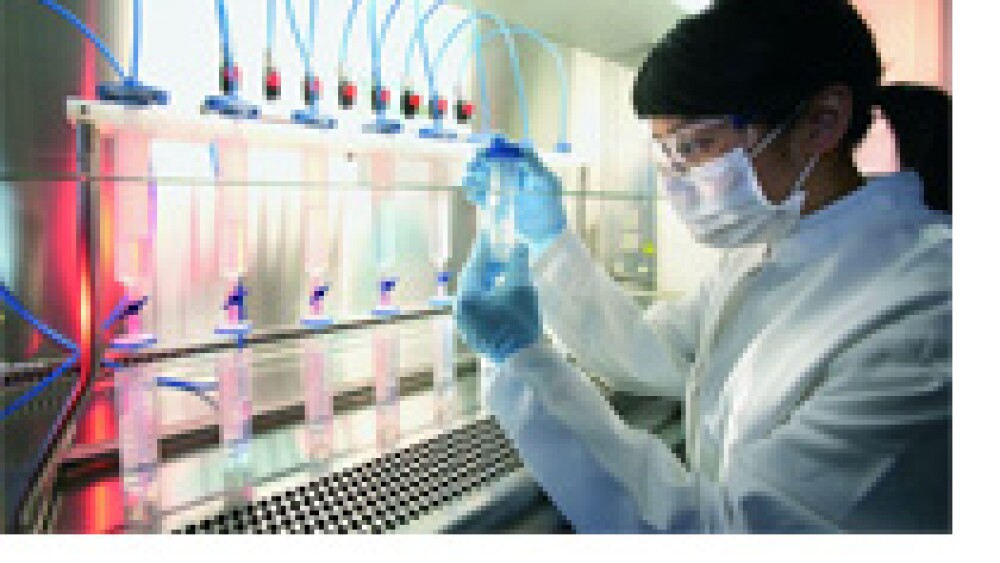January 23, 2015
By Krystle Vermes, BioSpace.com Breaking News Staff
Aspen Pharmacare Holdings announced today that it has acquired the rights to Mono-Embolex from Novartis AG in a deal projected to be worth $142.3 million, according to Reuters.
Mono-Embolex is a heparin-based anti-coagulant, sold in the same category as Aspen’s Arixtra and Fraxiparine. Both of these drugs are meant to reducing the clotting ability of the body. Arixtra is specifically given to patients after undergoing hip, knee or stomach surgery.
Blood Clots and Surgery
While hip, knee or stomach surgery may provide long-term benefits to patients, there is a constant risk for blood clots associated with these procedures. Medicine such as Arixtra can reduce the chance of developing complications. However, a study funded by the Agency for Healthcare Research and Quality looked at 179 reports between January 1980 and May 2011 to closely examine blood clot risk.
DVT, or Deep Vein Thrombus, is the most common type of blood clot that can form after these types of surgery. They can occur in the lower legs or thighs, and slower blood flow (which occurs post-surgery) is often responsible for the development of clots.
“As many as four people out of 10 who do not receive medicine to prevent blood clots develop a DVT within 1 or 2 weeks of having major hip or knee surgery,” wrote the authors of the report. “Taking medicine or using a device to prevent blood clots may lower the risk of developing a DVT after hip or knee surgery to 1 or 2 people out of 10.”
Medicine and Blood Clot Risk Reduction
The main benefit of taking medicine prescribed after surgery is that it eliminates the potential for DVT. There are several medicines that may be administered following a procedure, and they are either given through a shot or a pill.
The most common medicines provided to post-surgery patients are Arixtra, Jantoven, Fragmin, Lovenox, Innhep, Coumadin and Xarelto. However, aspirin may also be given, serving as an oral antiplatelet agent.
“The main side effect from medicines that prevent blood clots is a small increase in the chance of bleeding,” wrote the authors of the study. “These medicines work by making your blood thinner. Because your blood is thinner, it may not clot as easily when you bleed. Out of 100 people who take medicines to prevent blood clots, up to 8 have problems with bleeding.”
BioSpace Temperature Poll
What Are Your Predictions for the Price Bidding War? The market has been buzzing about an escalating price war between large payers like Express Scripts and Big Pharma. Multiple deals last week showed Gilead forming exclusive pacts and smaller companies like Kite Pharma starting talks early. What do you think will be the effect on prices? BioSpace wants your opinion!
| Read at BioSpace.com |





